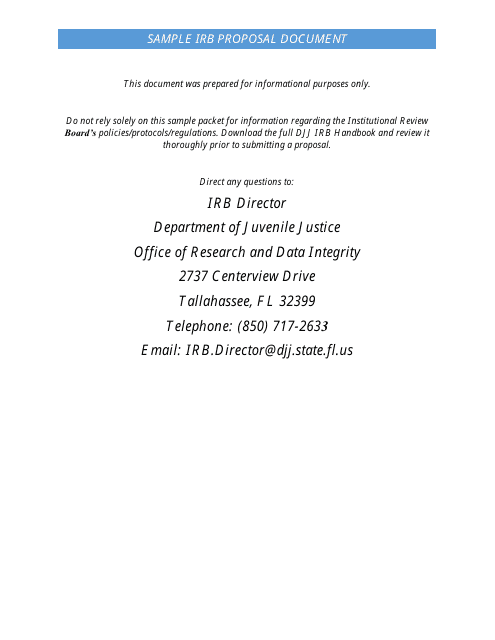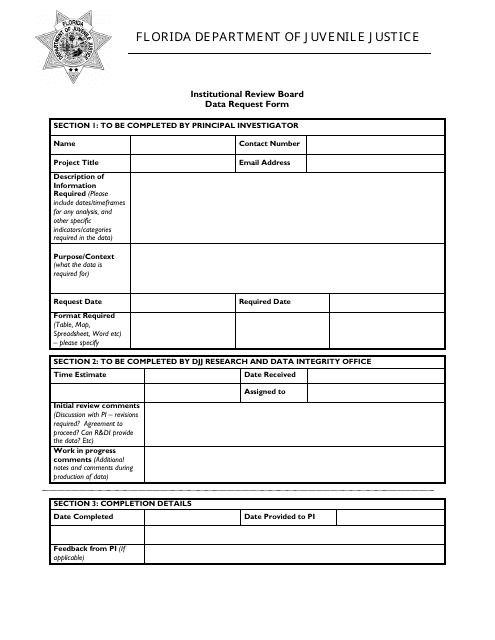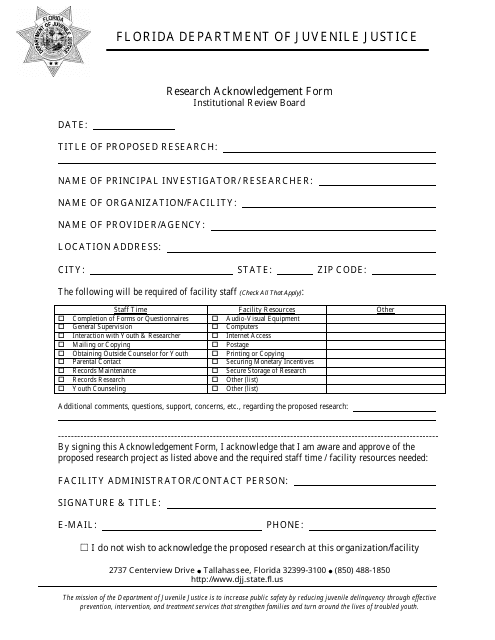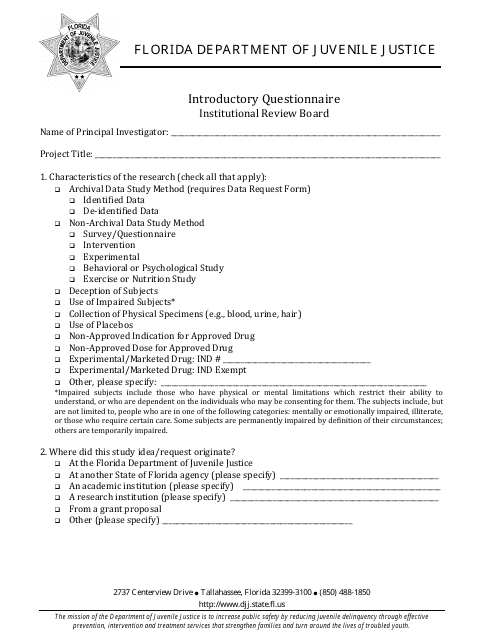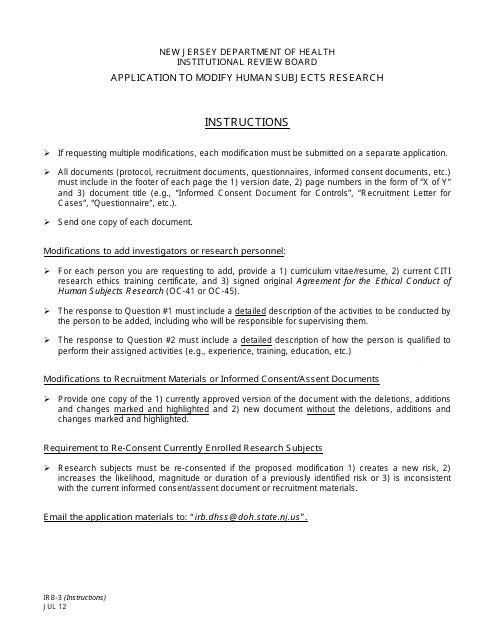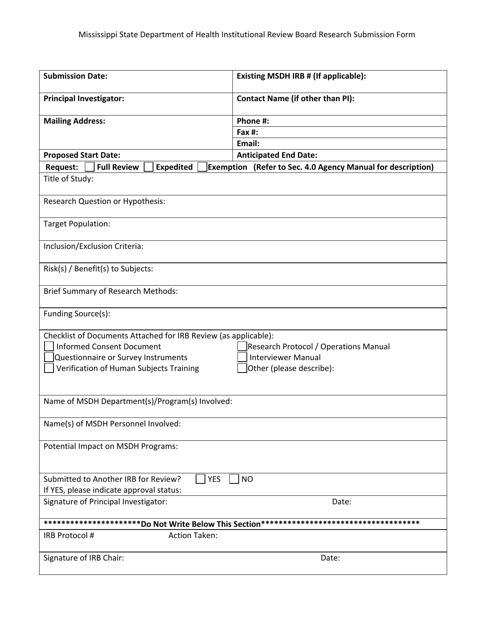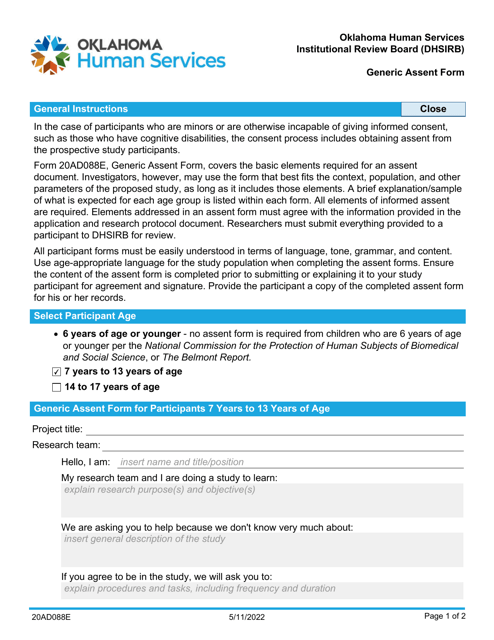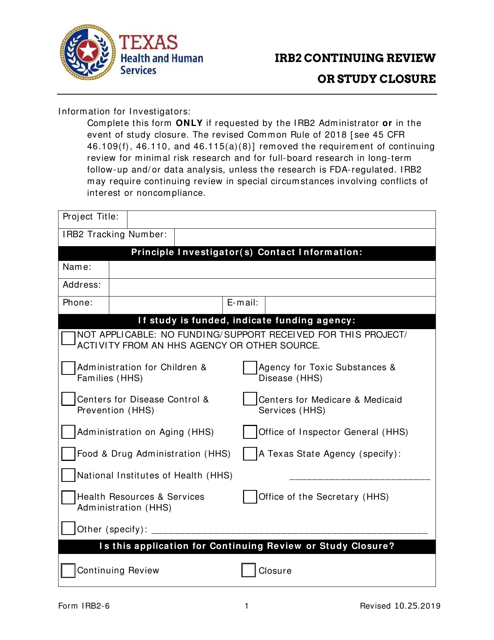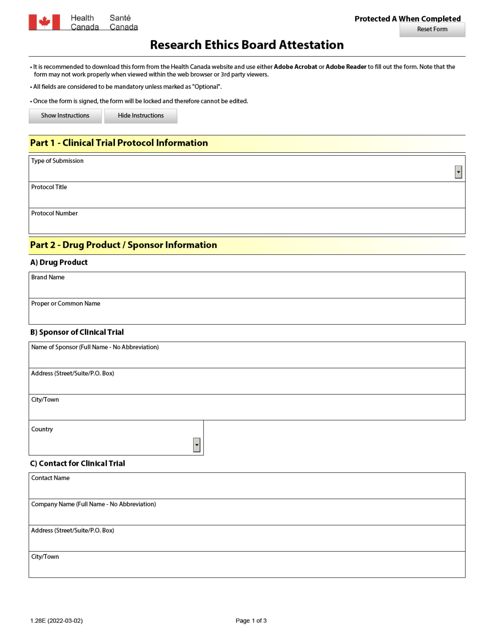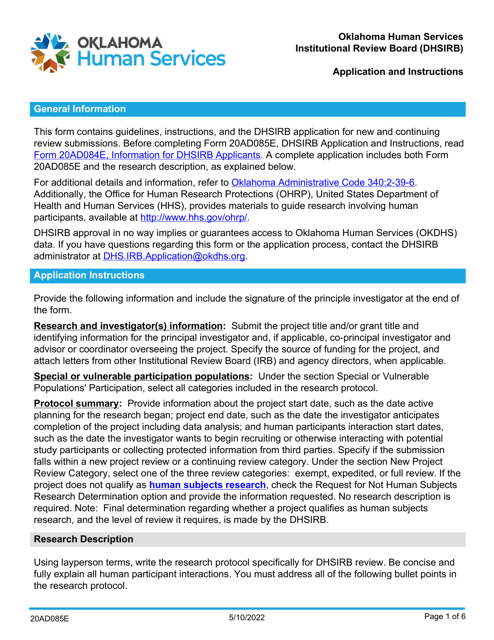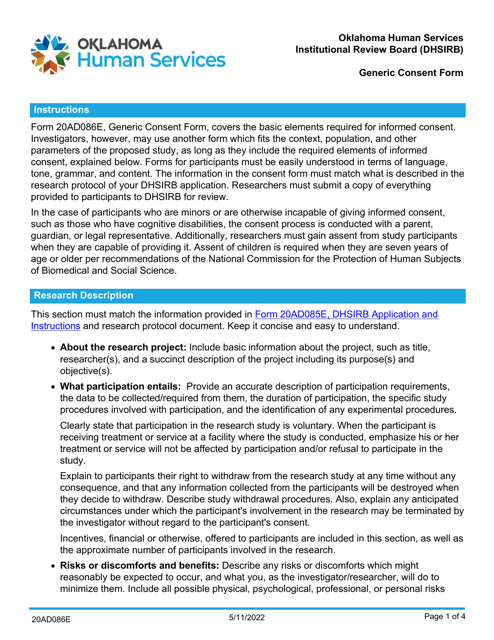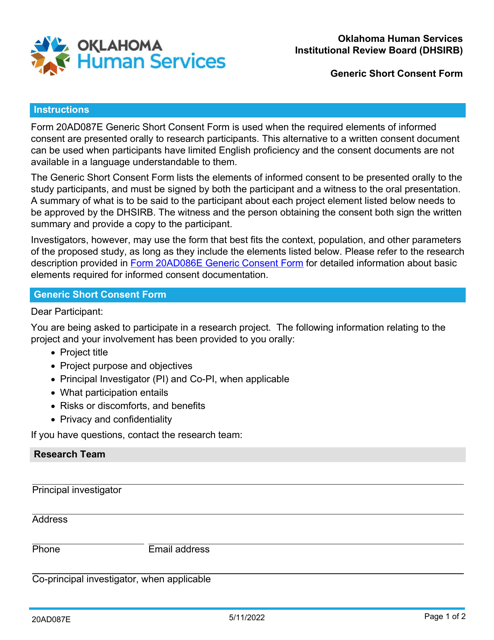Institutional Review Board Templates
Are you conducting research involving human subjects? If so, it is important to familiarize yourself with the responsibilities and guidelines set forth by an institutional review board (IRB). An institutional review board plays a crucial role in ensuring the ethical and legal aspects of research involving human participants are upheld.
Also referred to as an ethics review board or research ethics board, an institutional review board acts as an independent committee tasked with reviewing and approving research proposals. This body consists of professionals from diverse backgrounds, including researchers, physicians, legal experts, and members of the community.
The primary objective of an institutional review board is to protect the rights, safety, and well-being of research subjects. By reviewing research proposals and associated documents, such as data request forms, introductory questionnaires, and research submission forms, the IRB ensures that the proposed study adheres to ethical standards and regulatory requirements.
Institutions such as universities, hospitals, and government organizations typically have their own institutional review boards. These boards operate within the framework of regulations, such as the Common Rule in the United States and the Tri-Council Policy Statement in Canada, to oversee research activities involving human subjects.
Whether you are a researcher, student, or professional working on a research project, it is essential to engage with the institutional review board early in the process. Their expertise and guidance will not only help you navigate the complex regulatory landscape but also ensure that your research is conducted responsibly and ethically.
To submit your research proposal for review, you may need to complete forms such as the IRB2-6 Continuing Review or Study Closure form (in Texas), the Research Ethics Board Attestation form (in Canada), or other relevant forms specified by the institution. These forms assist the institutional review board in evaluating the potential risks and benefits of the study, ensuring informed consent procedures are robust, and assessing the overall ethical implications of the research.
In summary, an institutional review board is an essential component of any research involving human subjects. They play a pivotal role in safeguarding the welfare of research participants and ensuring that research projects adhere to ethical standards and regulatory requirements. By working collaboratively with the IRB and submitting the necessary documents, you can be confident that your research is conducted responsibly and contributes to the greater advancement of knowledge.
Documents:
13
This document is a sample IRB proposal for research conducted in the state of Florida. It provides an example of how to structure and write a proposal for ethical review by an Institutional Review Board (IRB).
This document is a Data Request Form for the Institutional Review Board in Florida. It is used to request access to and use of data for research purposes.
This form is used for acknowledging research conducted by an institution's Institutional Review Board in the state of Florida.
This Form is used for collecting introductory information from participants in a research study conducted by an Institutional Review Board in Florida.
This Form is used for individuals or organizations who want to modify their existing human subjects research in the state of New Jersey. It provides instructions on how to complete the IRB-3 application.
This document is used for submitting research proposals to the Institutional Review Board (IRB) in Mississippi. It outlines the necessary information and forms required for review and approval of research involving human subjects.
This Form is used for the continuing review or closure of an Institutional Review Board (IRB) study in Texas.
This document is for attesting to the ethics approval from the Research Ethics Board in Canada. It is required for conducting research studies in compliance with ethical guidelines.

